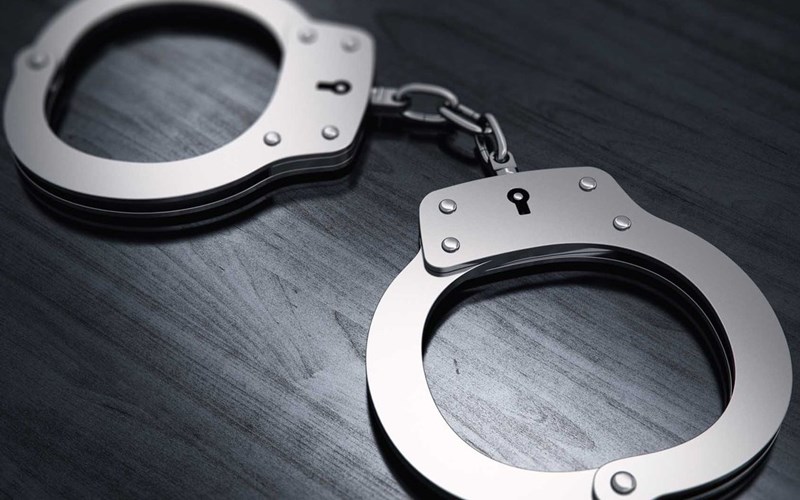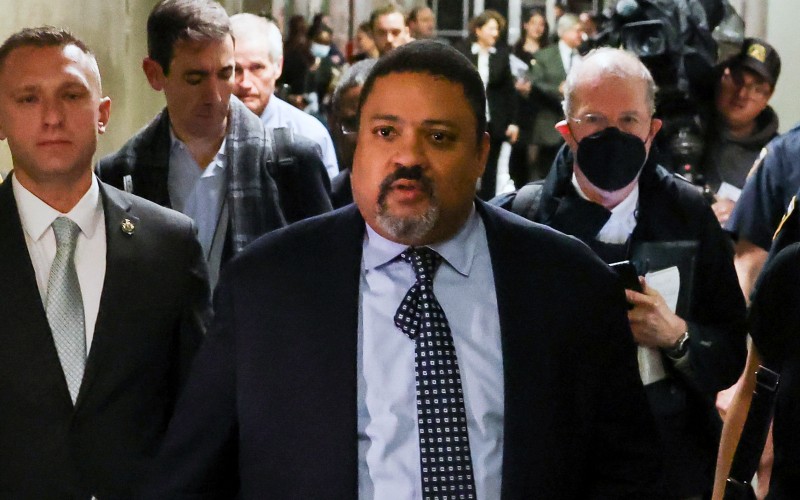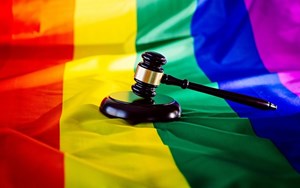In 2016, in the city of Oryol, three police officers entered Don Ossewaarde’s home and ordered him to leave with them. At a police station he was fingerprinted and marched to a court, where he was convicted of violating a brand-new law.
In a ruling issued March 7, the European Court of Human Rights said Russian authorities unfairly targeted the missionary and church pastor with its “anti-terrorism” law that criminalizes missionary work.
Ossewaarde tells AFN he violated an anti-terrorism law was updated in July 2016 to include missionaries, too, and in August the police officers came knocking.

“The charge was illegal missionary activity,” he recalls. “So I was arrested for illegal missionary activity because I was holding a Bible study in my home.”
After being fined 40,000 rubles, about $700, Ossewaarde appealed the conviction in a Russian court but it was upheld. He then appealed to the ECHR with help from Alliance Defending Freedom International.
When the anti-terrorism law was updated in 2016, it was publicly supported by the Russian Orthodox Church, known also as the Moscow Patriarchate. That sect of Russian Orthodox Christians is closely aligned with the Russian government and views other denominations as unpatriotic troublemakers.
When the anti-terrorism law was signed, the U.S. Commission on International Religious Freedom condemned it for redefining missionary work as religious practices that take place without state-sanctioned approval.
Ossewaarde summarizes his conflict with the anti-terrorism law as a “foreign thing,” because Russia forbids Western countries influencing its people even in a church setting. Even the Russian Orthodox congregations, he says, are watched closely.
“The fact that they are approved by the government,” he says, “means that if they get out of line that approval could be taken away at any time.”







